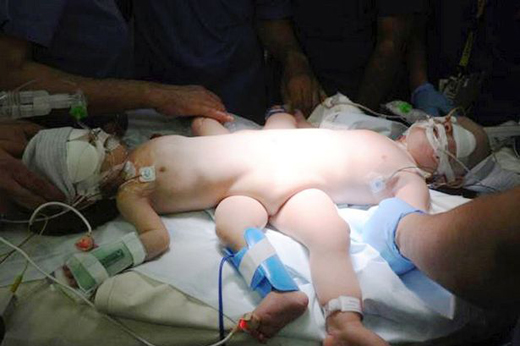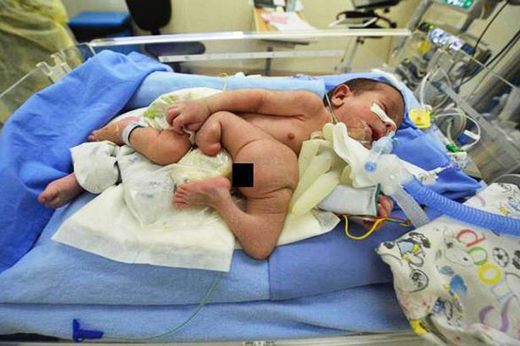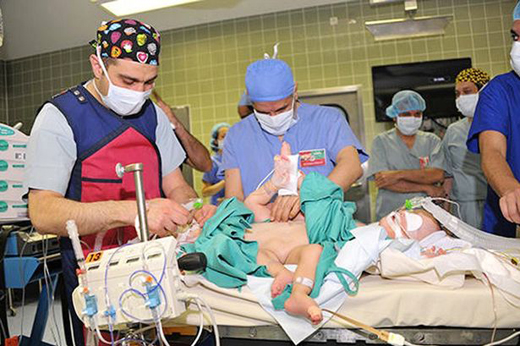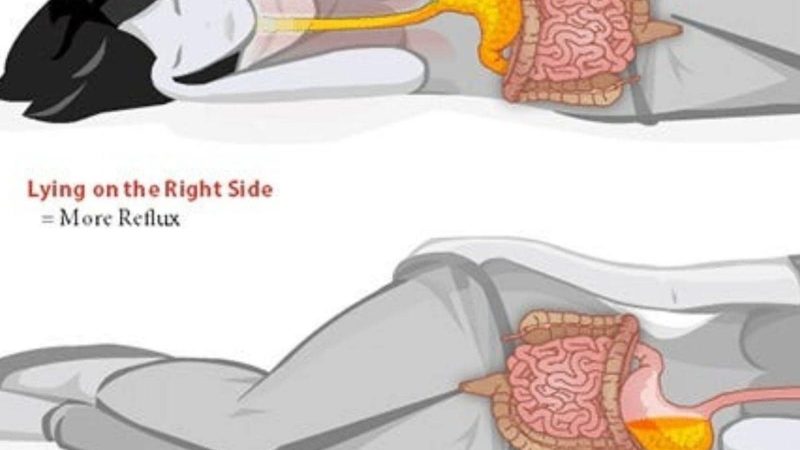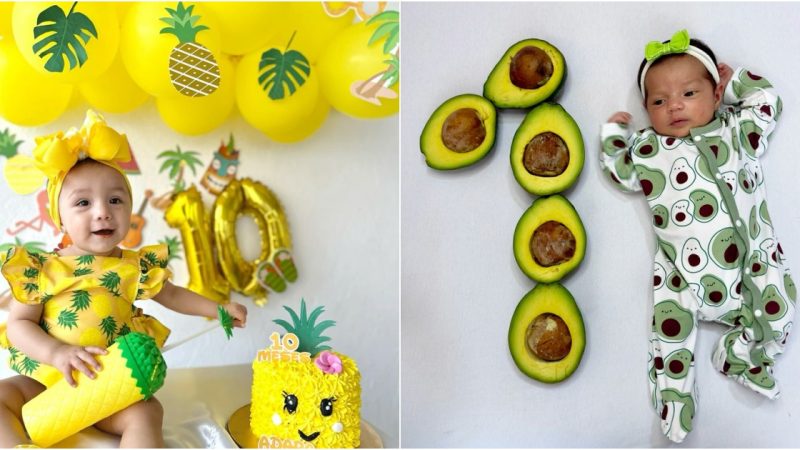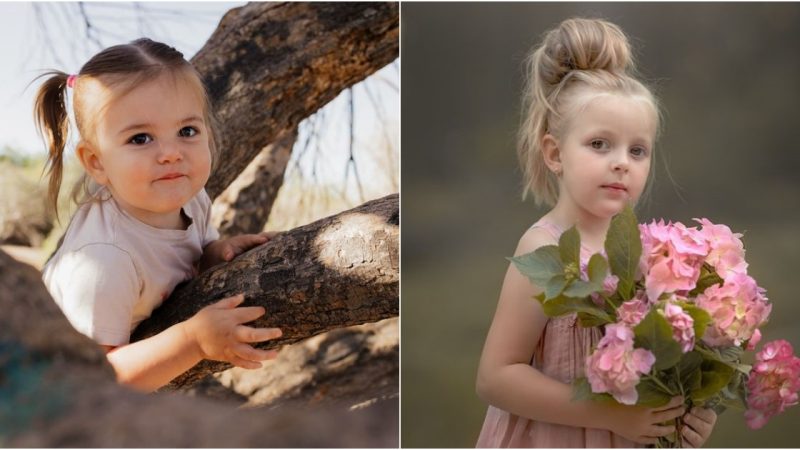In a groundbreaking and miraculous medical achievement, two conjoined twin babies, Abdullah and Abdulrahman, who shared a single digestive system, have been successfully separated following a nine-hour operation performed by a team of dedicated surgeons.
The twins were faced with challenging odds as doctors initially estimated their chances of survival to be between 60% to 70% before embarking on this complex surgical journey.
Abdullah and Abdulrahman were born sharing not only a close sibling bond but also critical anatomical connections, including their bowels, pelvic bones, and urinary systems. Their existence was entirely intertwined, making them dependent on each other’s bodies.
This remarkable and intricate surgery, composed of nine distinct stages, took place in the Saudi Arabian capital of Riyadh, where a team of highly skilled surgeons united their expertise and determination to give these twins a chance at an independent life.
Following the successful separation, the twins were moved to the pediatric intensive care unit at the hospital, where their progress was closely monitored. Reports indicate that both babies were in stable condition and recovering well from the operation.
Hailing from the Republic of Yemen, Abdullah and Abdulrahman’s journey brought them to Saudi Arabia, where they underwent this life-changing procedure at the renowned King Abdulaziz Medical City in Riyadh.
A hospital spokesperson explained, “The bowels needed to be separated, as well as their urinary systems and then the pelvic bones. When they were separated, they were then divided into two teams to reconstruct the twins.”
This remarkable separation marks the 35th in a series of surgeries performed on conjoined twins in the Kingdom of Saudi Arabia since 1990. The country has garnered a reputation for its highly skilled medical professionals, and this achievement adds to the list of successful separations, highlighting their dedication to advancing medical science.
Saudi Arabia’s team of top surgeons has extended their expertise to help 65 sets of conjoined twins from 18 different countries around the world, solidifying their position as leaders in the field of pediatric surgery
